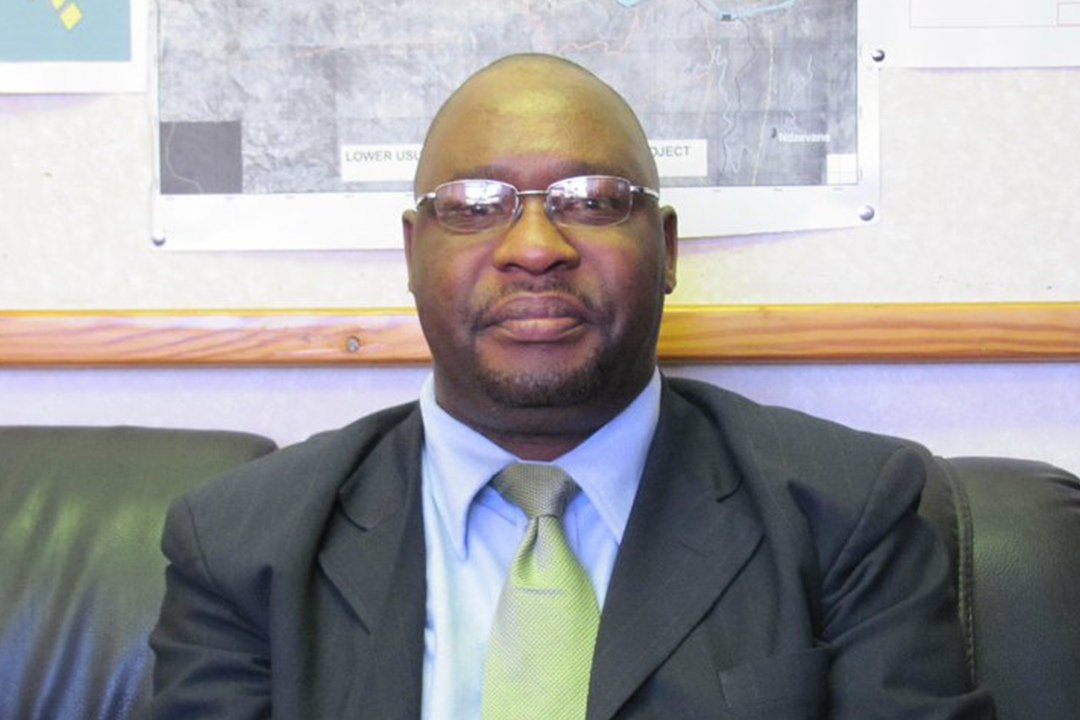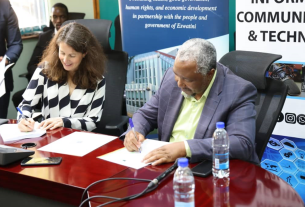By Mbongeni Ndlela
MBABANE – As the nation reflects on the historical significance of April 12, 1973, Government Spokesperson Alpheous Nxumalo has reaffirmed the enduring value of Eswatini’s unique system of governance — a system that has stood the test of time and remains deeply rooted in the will and aspirations of Emaswati.
In a statement issued to mark the day, Nxumalo emphasized that Eswatini’s Executive Monarchy, anchored on the tinkhundla democratic system, continues to be a source of stability, unity, and inclusive development.
“We have nothing to hide or fear with our highly reputable system of governance, which our people have embraced for decades now,” said Nxumalo. “The peace, development, and security we experience today are fruits of this very system.”
April 12, 1973, marked a turning point in the Kingdom’s history — a decisive moment when the multi-party Parliament of the time, under the leadership of Speaker Ian Banwell Aers, OBE, passed a resolution that set Eswatini on a path of self-determined governance. The motion, supported by the majority, laid the groundwork for a homegrown constitutional process to replace the inherited 1968 Constitution.
“The 12th April Decree was not an imposition,” Nxumalo added. “It was a reflection of a parliamentary resolution and the will of BakaNgwane, signaling the start of a new chapter where the people would define their own path.”
Indeed, that chapter has led Eswatini to build a governance model that resonates with its cultural values, while addressing the social and economic needs of its citizens. From uninterrupted peace to sustained development programs, the Kingdom’s progress stands as testimony to the vision behind the 1973 decree.
As the nation commemorates this historic day, it is not merely to revisit the past — but to acknowledge how the choices of that time continue to shape a united, forward-looking, and proudly sovereign Eswatini.




